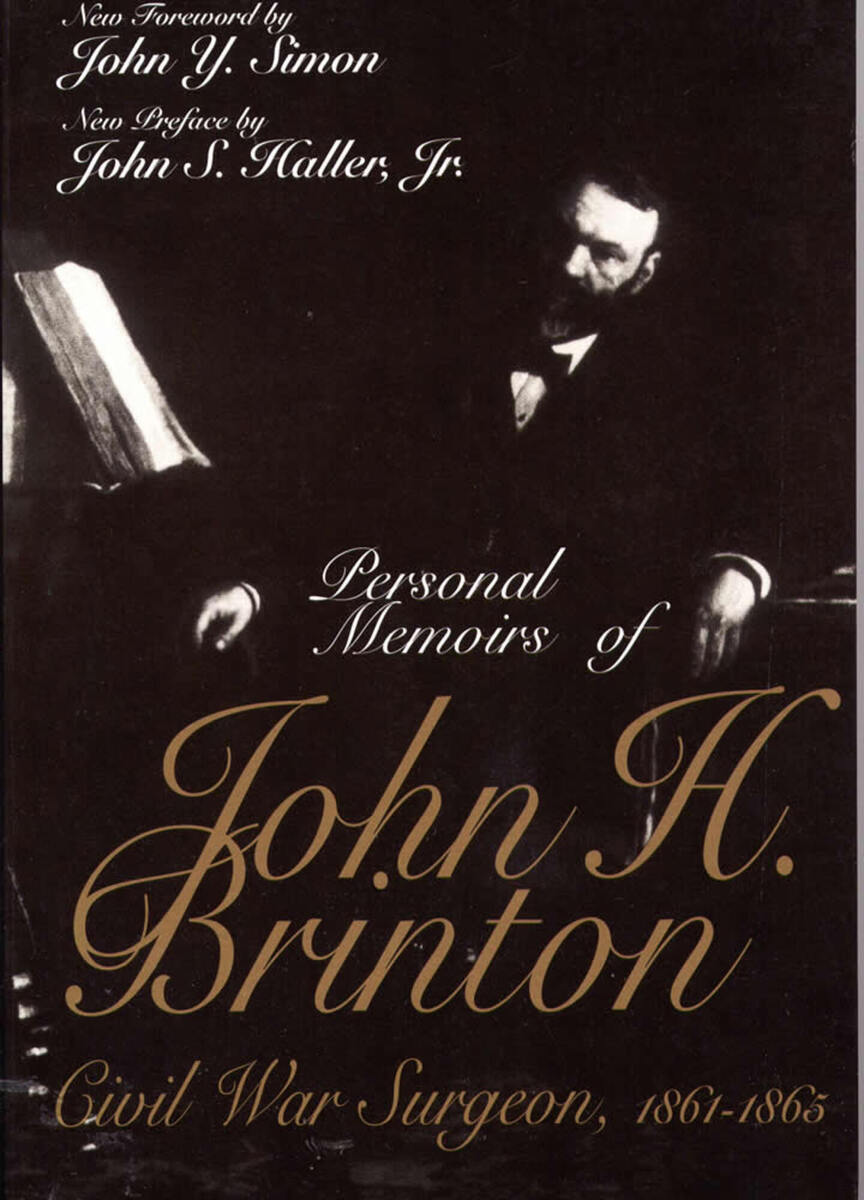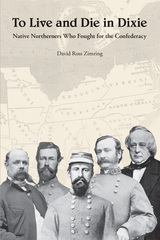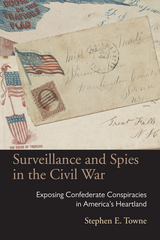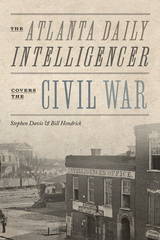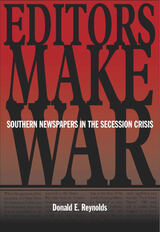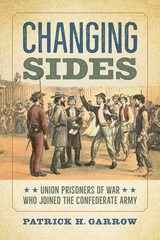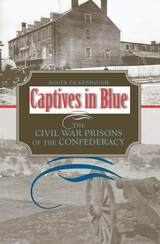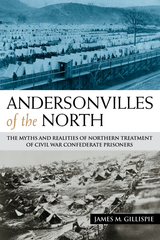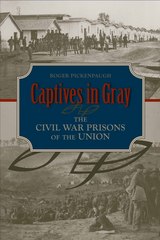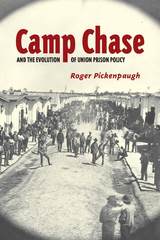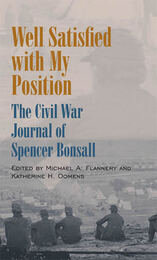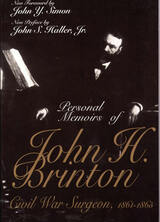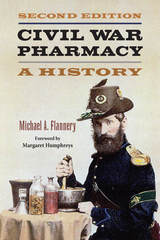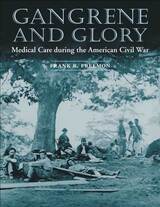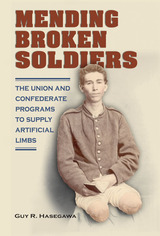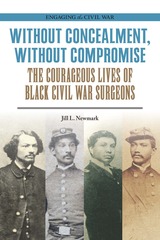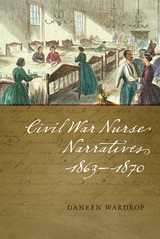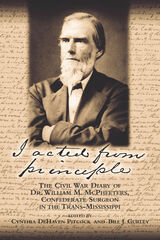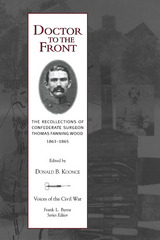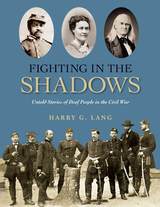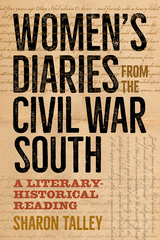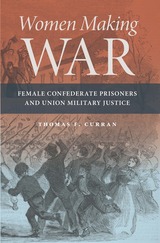Behind the Front Lines
John Hill Brinton, of Philadelphia, Pennsylvania, applied for a commission as a U.S. Army surgeon in September 1861. Although he desired to serve with his cousin General George McClellan, he was sent to Cairo, Illinois, where he met General Ulysses S. Grant before being assigned to establish a hospital at Mound City, Illinois. Brinton was then appointed as Medical Director of District of Southeast Missouri in time to join Grant's campaign that culminated with the battles of Fort Donelson and Shiloh. He was then ordered back east to Washington, D.C., to serve in the office of the Surgeon General. Surgeon General William Hammond appointed him to the first curator of the Army Medical Museum, where he would collect pathological specimens of wartime trauma and diarrheal diseases along with their case histories, compile information for a medical history of the war, and establish a medical school, all of which to train military surgeons on the lessons learned during the war. He was sent to collect specimens in the aftermath of the battles of Antietam, Fredericksburg, Gettysburg, and the early stages of General Grant's Overland Campaign that ended the war. After Hammond was court-martialed in 1864, Brinton was sent west, where he became the superintendent of the Nashville General Hospitals until he resigned his commission in March 1865.
This is not the typical wartime career and, consequently, not the typical Civil War memoir. While the reviewer has an obvious interest since he is employed by the museum that was founded by Brinton, now the National Museum of Health and Medicine of the Armed Forces Institute of Pathology, what interest would a typical Civil War historian have in this account? The answer is that this is a well-written first-person account. Since his intended audience was his family in 1891, Brinton did not attempt to try to write a definitive account, but to write his impressions of what was happening. The result is an engaging anecdotal description of the life of a staff officer during the war, with all of its glory, intrigue, and irony.
Brinton turns out to be a keen observer. "As I saw our troops in front of Fredericksburg, there was little shelter for them, except in their distance from the enemy's guns, and our advance lines and pickets were flat on the ground, covered by such scanty protection as they could scrape together, yet exposed to the fire of the enemy from their well-constructed rifle pits, on higher ground. As a consequence of their supine position, some of our men received strange ranging wounds, with remote and singular points of entrance and exit" (pp. 219-220).
Another example is the recounted description of responding to a challenge by a sentry (instantly recognizable to anyone who has served in the army or watched many war movies) with the password of the day:
"All of this is simple enough on paper, but when the challenge was emphasized with the sharp click of the musket lock, there is a reality about it, which is unpleasantly startling. I can well remember how cautiously the 'Friend' (that is myself) used to advance, dodging the bayonet and that confounded muzzle, which seemed to glitter so brightly, no matter how dark the night, and which seemed to be pointing in every direction at the same moment, and how carefully, how distinctly I would whisper 'Banks' and then hear the sentry's answer, 'Correct, pass on.' Such was the formula every time I went to my hospital at night: Banks, Halt, Anderson, Grant, Concord, Wool, and the like were the favorite words" (p. 51).
Brinton also had his share of intrigue. While he was serving in the western theatre, he was asked about General Grant's drinking habits by an investigating officer who did not want to harm Grant's career and who was relieved when Brinton reported that he saw no evidence of alcoholism. Another time he was sent by Secretary of War Edwin Stanton and Surgeon General Joseph Barnes ostensibly to collect specimens for the museum, but in realty to determine the number of casualties from the battle of Chancellorsville. General Joseph Hooker had ordered his staff officers to cover up the extent of Union losses. Brinton himself became a victim of political intrigue when he was removed from his job as curator of the Army Medical Museum and "exiled" back to the western theatre, since he incurred the wrath of Stanton based on his familial relationship to McClellan and support of Hammond.
The book is filled with vignettes that show the human side of the war, such as the instance of the medical officer whose wife ran after him with a silk umbrella as he left with his unit, on the chance that it might rain while he was away. Or, while Brinton stood on the gangway of a hospital ship being loaded with the wounded during the Peninsula Campaign, a drunken soldier staggered up:
"'And doesn't his honor, the Major, want a good guard to keep all these spalpeens off?' His arm had been taken off at the shoulder joint, as I saw. 'And, who are you?' I said. 'Sure,' he answered, 'a poor Irishman who had his arm cut off at Fairfax this morning, and who's walked all the way with his gun and his knapsack, and who's managed to git a little drunk, as your honor sees, but who can all the same stand a good guard.' So I put him on board for Washington" (p. 198).
Another soldier touring the Army Medical Museum found his amputated limb on display and demanded it back. He was told, since he had enlisted for the duration of the war, that "the United States Government is entitled to all of you, until the expiration of the specified time" (p. 190). Finally, when Brinton reported to General William Rosencrans in 1864, he became fast friends with the general after stumbling on his favorite topic, the manufacture of soap.
Brinton also describes his encounters with civilians, some loyal to the Union cause, others not. Several rooms he boarded at were in households with "secesh" sympathies. His accounts of persuading civilians to cooperate with him in the course of his duties provide fascinating insights of civil-military relations in the occupied Confederacy.
Like many veterans' accounts, Brinton doesn't deal much with the horrors of war, tending to focus on the ironic. As a medical officer, he had ample opportunity to observe the wounded, and dug through trenches of amputated limbs to collect specimens. He says little about how these sights affected him, if they did at all.
Many war histories focus on the troops in the front lines and the generals that command them. Often the numerous people behind the lines who provide communications, logistics and, in this case, the medical support are overlooked. War is a complex human endeavor run by fallible and idiosyncratic people motivated by petty jealousies, careerism, and/or the conviction that only they were right. The true value of Brinton's account is that it gives the reader a glimpse of this complex web of characters that ran the civil war behind the front lines.
